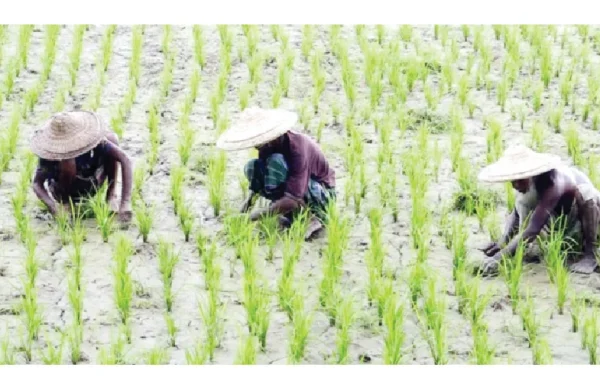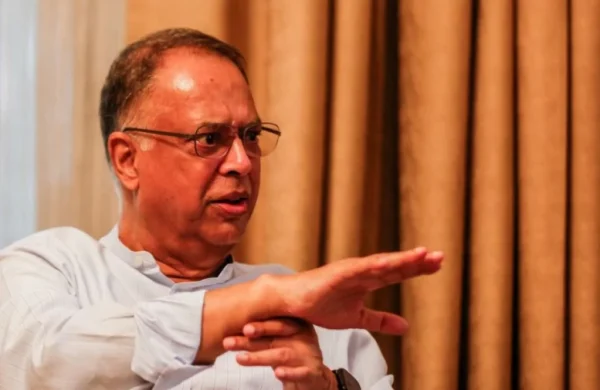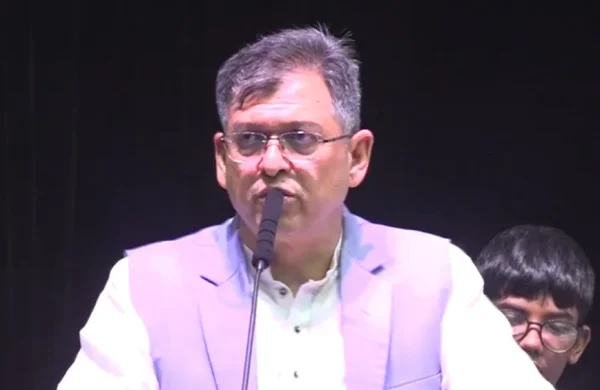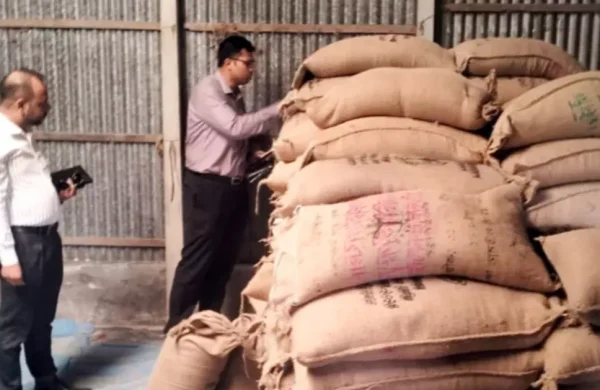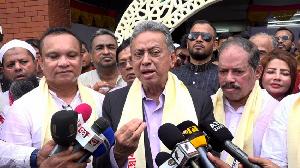Low-income people scourged by high-interest loans in Rajshahi
- Update Time : Friday, August 29, 2025
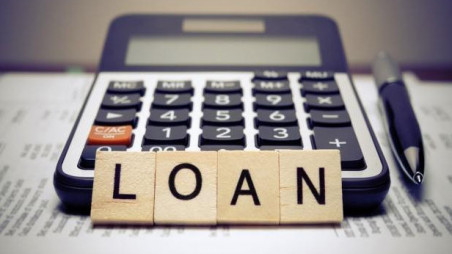
Rajshahi Correspondent:
A large number of low-income families in Rajshahi and surrounding districts fall into devastating consequences due to mounting pressure of debt, mostly driven by high-interest loans from NGOs and informal moneylenders.
Recent investigations reveal that many farmers, rickshaw-pullers, and day-labourers are caught in a vicious cycle of borrowing, default, and social humiliation – in some cases leading to suicide, family displacement, and forced migration.
According to field reports, 85-95 per cent of rural households in certain upazilas have taken loans from multiple NGOs.
Though loans are marketed as “easy and flexible,” in reality the effective interest rate often exceeds 30 per cent when taken from informal lenders.
Many borrowers, unable to repay, are compelled to borrow again from another organisation, eventually falling into what locals describe as a ‘debt trap’.
On August 15, farmer Minarul Islam (30) of Poba upazila left a note citing “debt and hunger” before killing his wife and two children, and then himself. Days later, in Mohonpur upazila, one Akbar Shah (50) was found dead; his wife’s name appeared in passbooks of 11 NGOs from which loans had been taken.
In another case, rickshaw-puller Fazlur Rahman (55) died after alleged torture by local moneylenders despite repaying more than he had borrowed. Police earlier recovered 18 NGO passbooks from the home of farmer Rentu Paik, who also took his life in Durgapur.
Local sources estimate that 85-95 per cent of villagers get trapped in the debt web. Families are increasingly abandoning ancestral homes to escape repayment pressures.
In Tanore, farmer Abdul HaiLavlu borrowed Tk5.5 lakh from several NGOs for potato cultivation but fled with his family after prices collapsed. His widowed mother Nasrin Banu now faces relentless pressure from installment collectors.
She said her son fled after defaulting on loans: “Now collectors come to me daily. Some threaten to raise the interest. I see there is no option but death.”
Besides, In Tanore upazila’s Talonda union, villagers including Robiul Islam Mongla, Shahidul Islam, Lutfur Rahman Moru, and Enamul have also abandoned their ancestral homes, while in Bagmara’s Laupara village Rezaul Karim, Shariful Islam, and Bacher Ali Sheikh fled under similar circumstances.
SIMILAR TRAGEDIES
have been reported in other unions, where dozens of families have either abandoned their ancestral homes or fled to urban slums to escape weekly repayment pressure.
Borrowers allege that NGO staffers harass them at odd hours and file cases even after partial repayments, making escape the only option.
Locals say day labourers, small traders, and farmers alike suffocate under debt pressure, which pushes many into migration and an uncertain life.
Mohammad Moshiur Rahman, manager of TMSS Kharkhari branch, said their loans are offered on easy terms to support low-income families in farming or livestock. With weekly or monthly installments, borrowers usually manage repayments smoothly, he claimed.
“Problems arise when people also take large, short-term loans from other organisations, which create sudden pressure and frustration,” he added.
Rajshahi Krishi Unnayan Bank (RAKUB) sources argue that institutional lending could reduce such crises.
“In banks, interest rates are regulated and recovery is conducted softly. Informal lending must be restricted,” said Md Atikul Islam, RAKUB’s General Manager (Administration).
Dr ANK Noman, chairman of the Economics Department at Rajshahi University (RU), said “Microcredit in Bangladesh has become a cycle of consumption rather than productive investment.
As repayment pressure mounts, borrowers borrow again, and eventually the compounding interest crushes them. In many ways, this is a form of systemic exploitation.”
Similarly, Prof Mohammad Enamul Haque, head of the Clinical Psychology Department at RU, linked the rising suicides to economic stress and growing inequality.
“Ordinary people are forced into debt to secure daily meals, while another section of society continues to accumulate wealth. This disparity is driving extreme psychological distress,” he said.


